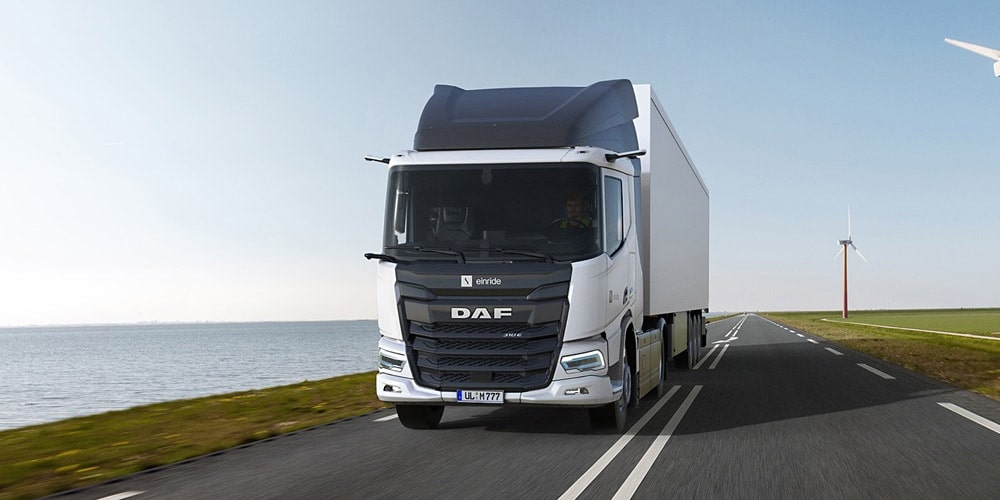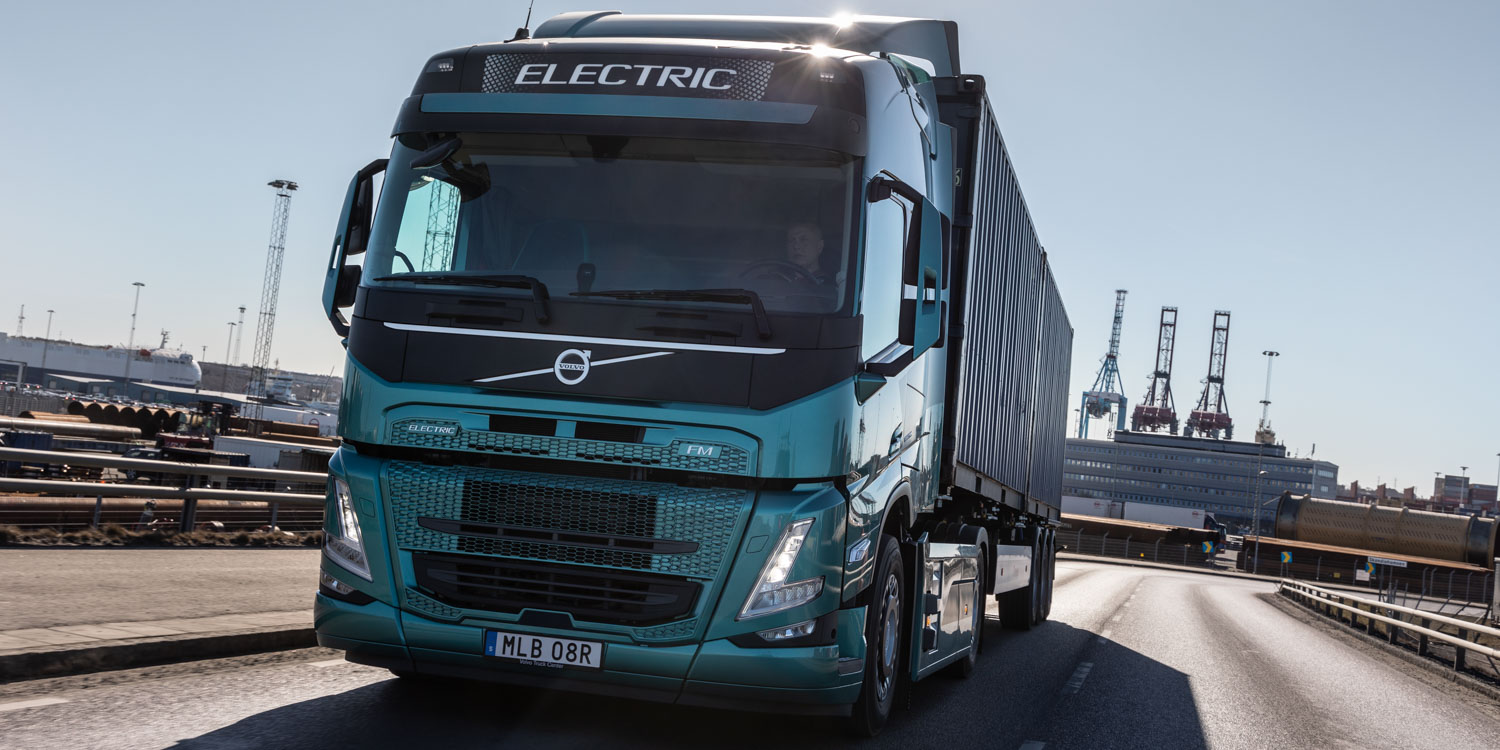The Volkswagen Group is embarking on an ambitious billion-euro savings program for its renowned brand VW, aiming to enhance profitability and secure funds for investments in the transition to electric mobility. Unveiling its comprehensive restructuring plans to investors on 21 June, the group envisions a strategic overhaul that could potentially yield an annual upswing of at least three billion euros, with the possibility of even greater gains as it evaluates a reconfiguration of its model range. This transformative initiative encompasses the introduction of new vehicle models and the seamless integration of production processes with the group’s sister companies, namely Skoda, Seat, and VW Commercial Vehicles.
“We acknowledge that our brand, despite its inherent strengths, still requires a more robust economic foundation,” emphasized Thomas Schäfer, the brand’s chief, in an internal communication to employees. He further stated that through harmonizing production activities with the aforementioned brands, the automotive giant could potentially save up to one billion euros annually. “Rather than organizing our manufacturing facilities based on individual brands, we are adopting a platform-centric approach to determine which models will be produced where. It’s a departure from conventional practices,” Schäfer revealed.
Notably, the savings program explicitly avoids any workforce reductions, as reported by company sources. Nevertheless, the shift to electric vehicles, which are less intricate to manufacture, may gradually lead to a decrease in the number of employees. Job cuts are expected to be managed through partial retirement and a non-replacement policy for vacant positions.
However, the need to curtail expenses is only one side of the coin for VW. The company also recognizes the imperative to reinvest in order to scale up production and effectively compete with domestic manufacturers in the United States. In addition, VW’s turnover in China has been dwindling, necessitating strategic measures to address the situation.
Meanwhile, brand chief Schäfer has revised his target for the operating return on sales, aiming for “more than four percent.” During the first quarter, the VW brand achieved a meager 3 percent return on sales. Although currently sustained by profits from Porsche and Audi, this dependency is regarded as a temporary arrangement by industry insiders, according to Handelsblatt.
Within Germany alone, the VW brand provides employment to approximately 120,000 individuals across its nationwide facilities. Recent statistics indicate that the brand accounted for nearly half of the group’s total sales, delivering an impressive 4.5 million vehicles.
The restructuring efforts within other VW Group subsidiaries have already been set in motion. In early May, Oliver Blume, CEO of the VW Group, orchestrated a substantial overhaul of the board at Cariad, the company’s IT subsidiary. The software division’s challenges had caused significant delays in product launches at Audi and Porsche, stretching over several years.







